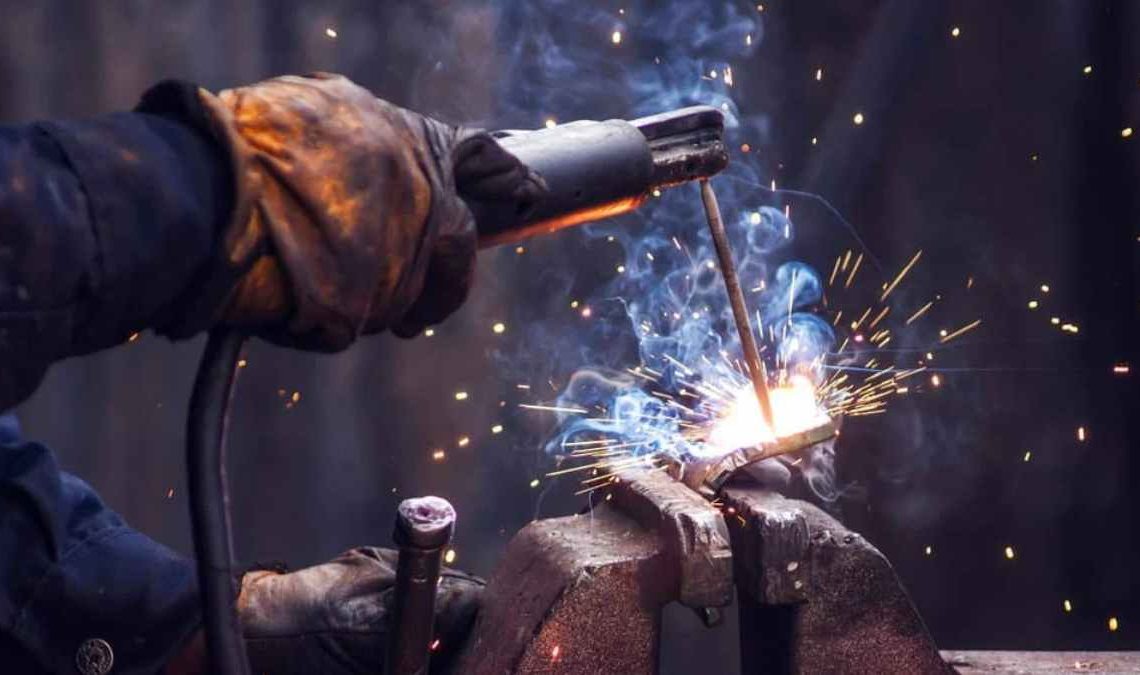
The welding world is very fascinating, more so to DIY enthusiasts and aspiring welders who have just learned how the trade works, with a range of accessories and products available to use in the market.
There are many welding accessories which you can choose from, ranging from oxyacetylene welders to stick welders, TIG welders, and MIG welders. Plus, there are other welding machines, which are a bit costly.
But that’s not important, whether or not you are an aspiring welder. All that matters is that you choose the right welding machine. To choose the right machine, experts at Micro Weld, Inc have suggested the following tips that can help you:
1. Determine the Process
Welding is a helpful skill you must have even when you aren’t an expert. Those who are starting out may want to find a simple-to-use welder which doesn’t empty their pockets.
If this is the case for you, MIG welders can be a perfect option for two reasons. Firstly, they are the simplest welding process you can learn. Secondly, it makes dealing with different metals possible.
Another process is precision TIG welding for both intermediate and new welders. This is a little bit more forgiving than MIG welding. Although it requires more skills, it is perfect for field welding and repair.
2. Check the Features
When checking out the sales literature for various welders, the sales pitch and jargon might be difficult to cut through. However, there are several key things you must look for, such as thermal overload protection.
Either a welding machine has this thermal overload protection or not. But you need to only go for a machine which has it. This feature cuts output power to your gun or torch if the circuit in it starts to overheat. The fan, as well as other cooling mechanisms, may continue running to disperse the heat. Apart from thermal overload protection, other features to look for are:
- Open-circuit voltage
- Duty cycle
3. Know the Requirements for Compressed Gas
Various welding processes need different compressed gasses. Carbon dioxide, argon, and oxygen are the most common compressed gases used by various welding processes. So it would be best to analyze your need for compressed gas.
Different gases are used for various processes of welding. For MIG welding, the welding position, ambient factors, base metal, and the procedure affect the type of gas you will need.
4. Look at the Portability Level
If you are always in the shop when handling welding projects, portability can be the least of your concerns. But if you often go to and from various job sites, you may require a welding machine you can transport easily. This is where a portable machine comes in handy because it is always lightweight.
Final Touches
Buying the right welding machine needs proper planning and research. Before you choose any machine, consider the materials you want to weld, their thickness, and the technique. Plus, consider the working surrounding, gas cylinder, and power status to make the right choice.


